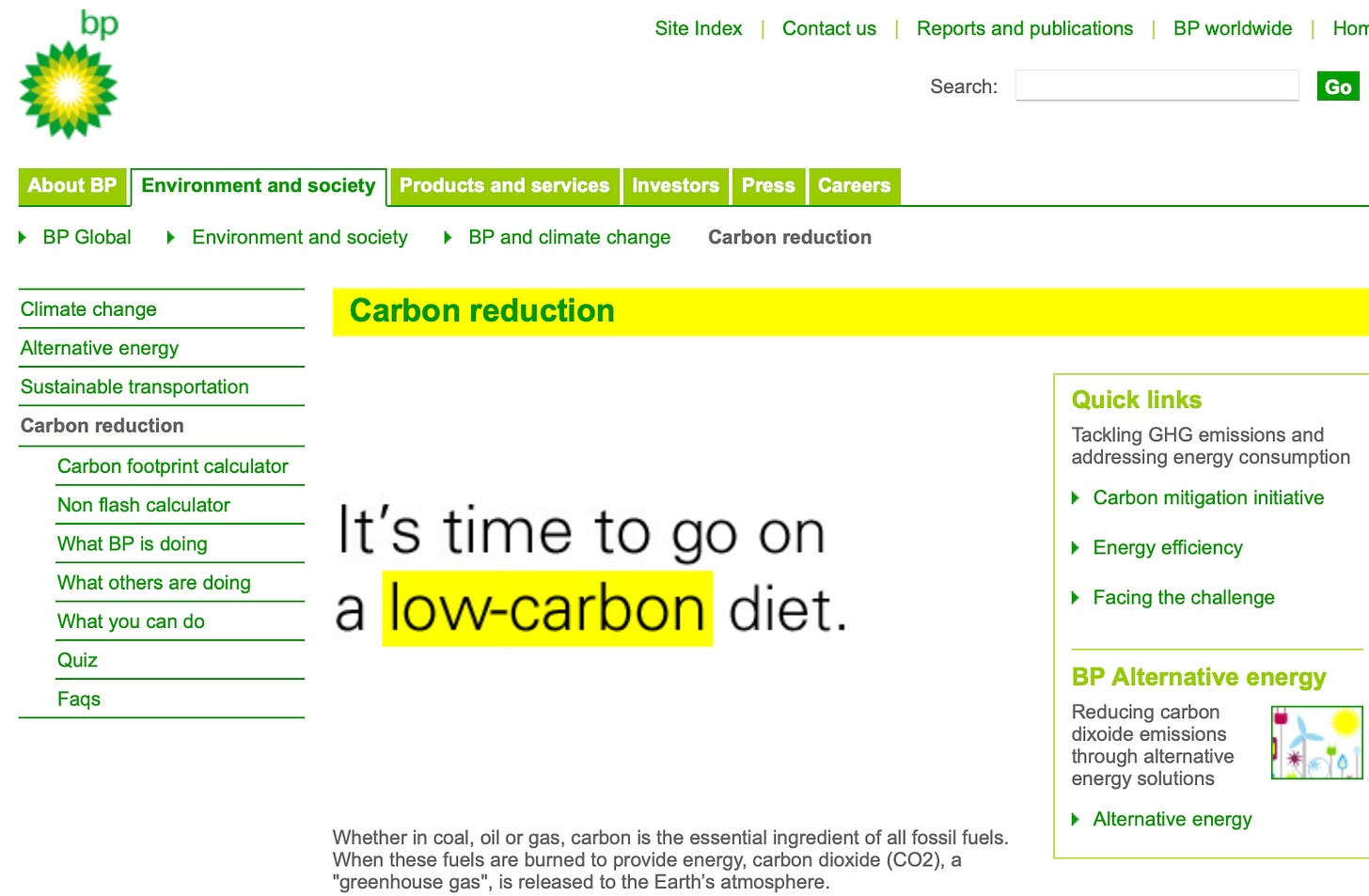The System Wants You Tired, Perfect, and Harmless
On the Lies We Swallow About Doing Good vs. Doing Well
A few years ago, I was on an ecologically friendly sailing trip in New Zealand, talking with someone onboard about my climate activism. He asked how I got there. I said I flew.
He got mad. He had also flown there. But it didn’t matter.
Because I was the one doing the work, I was the one expected to be pure. He could participate in the system without scrutiny, but I was supposed to opt out of it entirely.
Somehow, the harm counted more when it came from someone trying to help.
This is one of the strange distortions of our time: the people working toward repair are asked to live without contradiction, while the people fueling destruction are expected to do nothing at all.
Shrinking
In the early days of my climate journey, I poured all my energy into being zero-waste. I washed every piece of recycling, packed my own utensils, felt sick when I bought the wrong kind of laundry detergent. I was trying to be perfect.
Or maybe I was trying to be harmless.
I thought that by shrinking my impact, I was doing the most good.
But the truth is, I was shrinking my life.
I was obsessing over individual choices while neglecting the bigger, harder questions about how I spent my time, talents, and energy. I wasn’t building anything.
I was just trying not to break anything.
And here’s the thing: the perfect is not only the enemy of the good. It is the tool of the system.
The system doesn’t fear guilt-driven activists carefully sorting compost.
It fears people who are bold, resourced, and clear.
People who have vision.
Comments are open. If you’ve got something to say or want to share what stood out to you, I’d love to hear it.
Doing good vs. Doing well
We’ve been sold a myth: that doing good must come at the cost of doing well.
This lie is perpetuated by industries that claim any regulation protecting people or planet will destroy shareholder value.
That a healthy environment and a strong economy are opposites.
That a living wage will collapse the market.
That clean energy will ruin your retirement fund.
That dedicating your life to building a brighter future will make you poor.
To be clear, their goal is not to protect prosperity. Their goal is to protect their own power. To protect the status quo.
This is the same logic that tells activists that we must suffer to be taken seriously. That we must prove our worth through exhaustion. That our effectiveness is directly correlated to how much we erase ourselves.
But that’s not power. That’s predator-prey camouflage.
In nature, some butterflies evolve to look poisonous, even if they’re not. This mimicry protects them.
They don’t need to be deadly, they just need to appear dangerous enough to be left alone.
We, too, learn to perform danger, but unfortunately we often perform danger to ourselves. We perform exhaustion. We perform guilt. We perform suffering. But this camouflage doesn’t protect us.
What if we stopped performing danger to ourselves and started becoming dangerous to the system instead?
a diet
It is not a coincidence that the fossil fuel industry invented the concept of the carbon footprint.
The message was clear: it’s not our billion-dollar extraction empire causing collapse, it’s you, with your showers and sandwiches and cheap flights home to see your dying grandfather.
They called it a “low-carbon diet.”
Shrink your impact. Shrink your emissions. Shrink your hope. Shrink yourself.
It’s the same story as diet culture: if you care, you’ll be smaller. If you’re good, you’ll take up less space.
We are taught to believe that the best we can do is disappear quietly.
That if we care enough, we’ll reduce ourselves to nothing.
But what if we’re meant to expand?
What if we were trained not to shrink our impact, but to grow it?
Desire
This is where desire comes in. Desire is directional. It shows us what matters.
It calls us to build.
Desire is what cracks open our fear and asks: what else is possible?
I don’t want to spend my life apologizing for existing. I don’t want less. I want more.
More connection. More justice. More beauty. More imagination.
We need systems that allow us to want more, and then equip us to pursue that longing in ways that sustain life.
The quality of our care is measured by how well we sustain life, not how hard we suffer.
We are not here to perform our own disappearance. We are here to shape what comes next.
Let’s be dangerous.
(to the system, not to ourselves. 💖)
Want to share your thoughts? I’d genuinely love to hear them. This space is a conversation, not just a monologue. Hit 'reply' or send me a message below.
Further reading:
For more like this, follow me wherever you connect with friends:
Bluesky 💖 LinkedIn 💖 Mastodon 💖 X 💖 Instagram 💖 TikTok 💖 Threads 💖 YouTube 💖 Facebook
With love, Bri Chapman






Far from pure, perfect.
Earnest effort, good-enough.
Harm reduction. Try.
...
To support life force,
not to suffer on purpose.
To stay on purpose.
Wow Bri. This is a really important subject we don't talk about nearly enough in activist circles. Sometimes I think this tendency toward harsh judgment of each other comes from feeling helpless and not knowing what to do with our collective sorrow. But these judgments not only shrink our own souls, they are off-putting to caring people who may otherwise have been willing to link hands with us for the greater good. As you put it so poetically, we ARE meant to expand. And let that expanse be love. <3